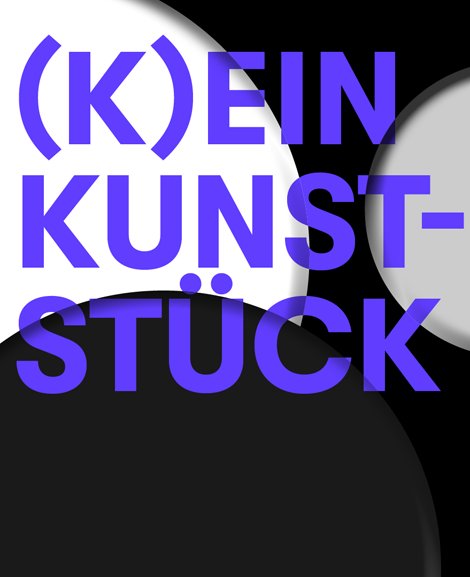Why we are running this project?
The public cultural sector has been on the move for a number of years now in an attempt to meet the demands of our post-migrant society in its educational mission. Awareness of the need for engagement to counter discrimination has been growing, not least because those affected by discrimination have long strived to draw attention to the harm done. For most of the cultural sector, diversity, intersectionality, and lived experience are no longer alien terms. While many museums and theaters are interested in dismantling discriminatory structures and becoming more diverse, putting the widespread knowledge of this discourse into practice often poses more of a challenge. The muddled debate surrounding anti-Semitism at documenta 15 as well as the responses from individual institutions to public criticism of curatorial decisions or casting practices suggest there is still a great deal of uncertainty around how to commit to diversity in practice, as well as how to anchor this commitment structurally within an organization and in such a way that criticism of racism and anti-Semitism are conceptualized holistically.
This is exactly where the Anne Frank Educational Center’s pilot project “(K)ein Kunststück – Promoting Diversity in the Cultural Sector” comes into play. The project aims to support cultural institutions in this absolutely essential, although by no means simple, task, namely effectively anchoring a long-term workplace culture that condemns discrimination and promotes diversity in everyday life.
What are our goals?
This program offers long-term support to the management and staff of cultural institutions to implement this educational mission in a diverse society in a way that is both sensitive to discrimination and takes on a range of lived experiences. Given the Anne Frank Educational Center’s expertise, the program will focus on taking a critical stance on racism and anti-Semitism, while also accounting for other forms of discrimination.
The pilot seeks to respond to this social need with offers tailored to the individual institutions at hand and with medium-term support, with the aim of realizing these very necessary change processes on both an interpersonal and institutional level.
The program centers around powersharing concepts as well as offers for raising awareness of discrimination among those taking part. The aim here is to initiate processes for greater diversity within the institution and to change both the culture of togetherness and the external impact: overall, the program should reduce the risk of everyday workplace discrimination or discrimination in program design, improve access, and kickstart processes of structural change. In addition, the five participating institutions also benefit from opportunities to network and share ideas between themselves. Peer learning should ultimately have a real impact on the cultural scene through knowledge sharing and networking in the form of three public workshops for interested and committed individual actors from the scene, as well as a final handout with learnings, examples of best practice, and practical methods.
How does the project work?
The program includes an application process to select five institutions to take part.
The Anne Frank Educational Center works side by side with each institution’s management as well as a ‘change team’ made up of employees from a range of departments and levels of seniority. Together, they develop action points to open up the respective cultural institution to greater diversity with the aim of learning or building on knowledge of anti-discrimination and ultimately putting this knowledge into practice in the institution’s specific area of work.
Using concepts of powersharing as our starting point, we derive areas of potential and resources that recognize heterogeneity and sustainably promote equal participation. In doing so, we make sure to consider both the interpersonal and institutional level.
Planned support includes eight in-house training or consulting days for each of the five institutions, with each choosing between different modules to address jointly identified areas with the greatest need for action. These workshops focus on organizational development as well as everyday working practice across both the institution’s administration and artistic, creative, or educational departments. Modules are needs-based and could include training on tackling everyday workplace discrimination, consulting, or the joint development of structural change measures across artistic programming choices, outreach, or human resources.
We are also planning to include selected representatives from the participating institutions in four networking events to provide a space for exchange and peer learning.
Please note: Participation is free of charge but will require resources in the form of time.
Who are the targeted groups?
Our support is aimed at publicly owned or independent nonprofit institutions with institutional funding. They should offer a regular public program and have at least 10 and no more than 120 permanent employees. These include:
• Museums: Art museums, science museums, craft/design museums, city/municipal museums, historical museums, and museums dedicated to the life or work of a well-known public figure. The museum must have a public and regularly accessible exhibition space.
• Theaters: Independent theaters for young audiences, city/municipal theaters, theaters with independent or private sponsors, theaters that regularly stage in-house or guest productions.
• Performing arts theaters : Venues that regularly stage in-house or guest dance productions; does not include dance schools.
• Cultural centers: nonprofit event spaces for music, literature, dance, or theater performances or workshops.
Institutions where foundational training on raising awareness of issues of diversity, discrimination, racism, or anti-Semitism has already taken place will be at an advantage. For an application to be accepted and participation approved, the institution’s management must be on board.
Where is the project run?
The program is advertised nationwide in Germany and will take place on site at the chosen institutions. There are also online networking meet-ups and workshops on offer for interested individual art and cultural actors.


